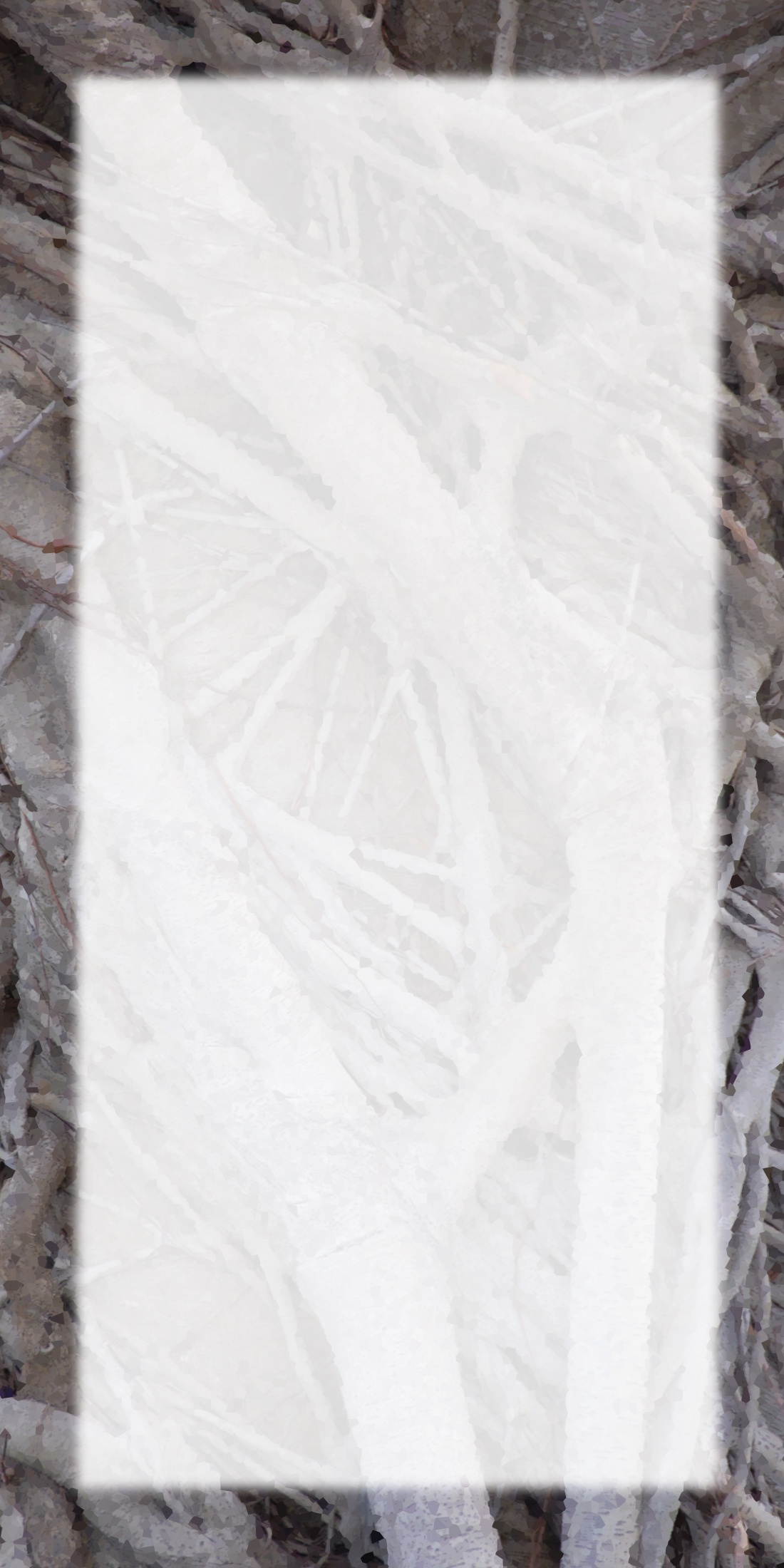"Tines" by Russell Bittner
My mother returns to the kitchen. My father sits down in the Mission Style armchair we inherited as part of their separation agreement – his chair, once, but given up without a fight. He runs his hands along the arms of that chair as I’d seen him run his hands many times along my mother’s arms. Abruptly, he glances away – but only for an instant. His eyes and thoughts then return once again to us and to the occasion; his arms spread; Alice and I rush in.
“Thanksgiving. Who amongst you can tell me the story of Squanto and the first Thanksgiving?” he asks, if somewhat too grandiosely.
“Who between you, you mean,” I correct him. “There are only two of us here.” He gives me another one of his looks – doubtless piqued by my correction, but awed, too, by this bit of erudition I’m showing off like a pair of shiny new silver spurs.
“Okay, who between you? And who between you is going to cast the next stone?”
“Fowler says—” I start in – careful, as he always used to insist, to know and quote my sources accurately.
“Fowler said many things,” he interrupts. “But Fowler is dead, and dead men don’t cast stones. Who between you can tell me something about Squanto?”
I know, of course, because he brought the story to my attention years ago. Alice is too young to know the answer – or rather, to understand the real question. He isn’t asking whether one of us knows the story of Squanto and the first Thanksgiving. Rather, he’s asking whether either of us remembers how we first came to know the story.
I pause. At this moment I understand, perhaps for the first time, how important it is to my father to be remembered and appreciated – as a father; as a provider; as a teacher – at least by his own children.
For months now, he’s been on the outside, looking in. Our contact has been almost exclusively by telephone. He’s been out there somewhere, at a distance, and growing more distant and detached by the day. But he still has an urgent need to instruct us. He still wants to believe that his accumulated knowledge of the way things works, however skewed, is of some value – if only to us. He still wants to believe that if he can’t directly feed us, clothe us, and put a roof over our heads, he can at least give us a leg up on the world in which he, himself, so badly stumbled.
“Squanto,” I begin, “was an Indian, sold into slavery in Spain.”
My father gives me an encouraging nod. “That’s him! He’s the one!”
Now it’s my turn to sigh and stare back at my father as I heave coal into the firebox of a linguistic locomotive I’m about to drive towards some invisible Promontory Point. “Squanto was about hurt and separation and the pain of loneliness. Squanto was also about forgiveness. And about more hurt, separation and loneliness. But also about more forgiveness. I don’t know whether Squanto was a real person or only a symbol.”
“You mean personification?” my father shoots back – too quickly and recklessly, it seems to me. Yet I can see in his eyes – whatever refinement he needs to supply to my symbol – that he’s immensely pleased with my characterization of Squanto and with my explication of the subtext of the story.
In truth, I’m immensely pleased with them.
There’s something else I catch in his eyes for the first time, and I wince inwardly as I see it. On the one hand, I feel pleasure; on the other, I feel a fear of something until now quite unfamiliar. What I see in my father’s eyes is his own pain, or at least the appearance of pain. Sure, I know what real pain is, and that it often results in tears.
I’ve seen tears of pain, almost daily, on Alice’s cheeks. I know the occasional feeling of tears on my own cheeks, though less often now that I’m getting older and am not supposed to cry at every little pain or unkind word. I even knew what tears look like on an adult’s cheek, as I’ve seen many such adult cheeks in the weeks and months since the ‘undoing.’ And, of course, I’ve seen tears on my mother’s cheeks since my parents’ separation – though only in the kitchen and only whenever she thought she was alone. Even then, she always seemed to meet my stare from around the corner with an onion in one hand and a knife in the other, as if to dismiss each new eruption of tears as the collusion of a silly vegetable and one knife’s untimely cutting of it.
